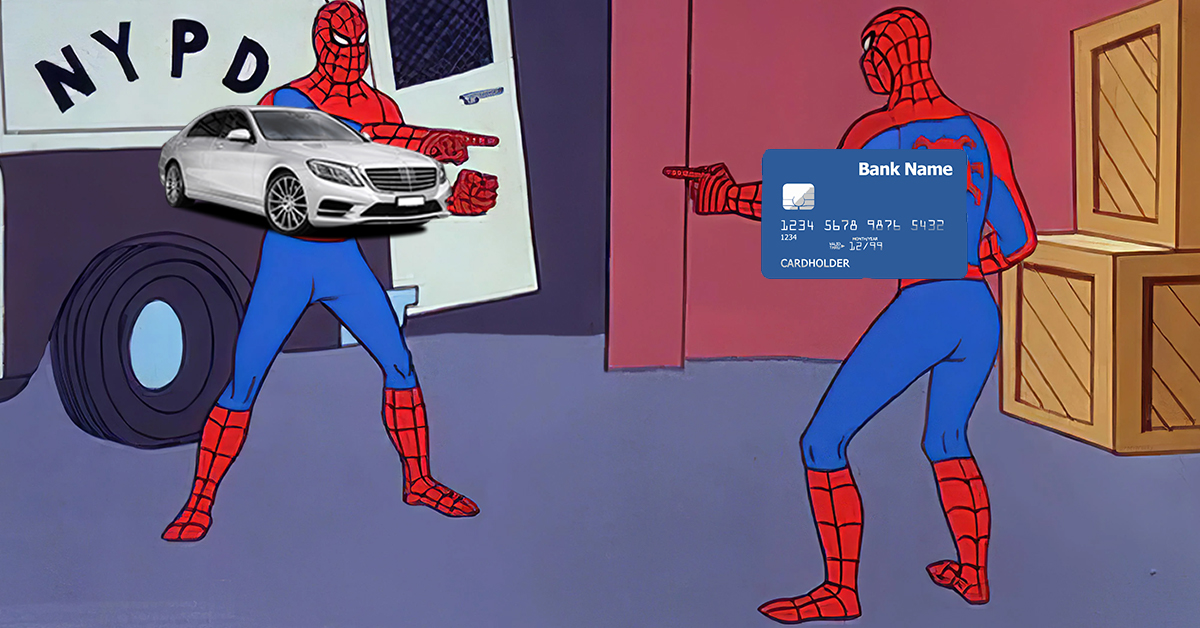
There’s nothing fun about debt, but alas, it is an unavoidable element of life. Between HECS, credit cards and loans, we’re all going to encounter some form of repayment cycle over time, so it’s probably best not to bury your head in the sand about it all to make it easier for yourself.
What’s helpful is that there is a tried and true order in which you should pay off your debts, which makes the whole payment process more simple to break down. Rather than staring down the barrel of a Himalayan-sized mountain of money you owe, ranking them in order of importance breaks them down into smaller, more manageable, cute little hills.
To give us some insight into how to sort your debts, we spoke to Stephen Rolls, a Local Area Manager at CUA.
“Debt is a part of life, and we don’t always have funds available for things, but if you can factor your lifestyle into your budget, the negative effects of being “in debt” won’t be as prominent,” said Stephen to PEDESTRIAN.TV.
Here are a few of his pearls of wisdom when it comes to ridding yourself of the party-pooper that is debt.
What are the different types of debt?
According to Stephen, there are two main forms of debt – Secured Debt and Unsecured Debt. When deciding how to pay off your debts, it’s a good idea to sort your debts into these categories before creating a payment plan of attack.
Secured Debt refers to “the liabilities in which the lender holds a financial interest in a property/vehicle or asset”.
“For example, a home loan may hold the property as security. A “New Car” loan may hold that vehicle as security,” said Stephen.
Unsecured Debt “is paid to a customer for a purpose, however, does not hold any asset as security for the lender”.
“An example of this could be funds borrowed for a holiday, for a wedding, for household goods,” he added.
These can also be further broken down into ‘good’ and ‘bad’ debts. For example, ‘good’ debt is something that supports your goals and will help you build wealth over time, like HECS or a mortgage. ‘Bad’ debt is stuff that generally won’t contribute to your long-term wealth or income, for example, credit card debt or loans taken out for holidays.
We’re not necessarily saying things like vacays or cars are inherently bad – they’re just not going to help grow the plumpness of your wallet over time or contribute to eventually paying off the debt in future.
Which debts should you pay off first, and why?
Stephen noted that young people traditionally struggle to pay off debt. While partying, taking holidays and treating yourself aren’t necessarily bad things to spend your money on, they can be a roadblock in the way of paying off debt. Committing to focus on clearing your debt, and devising a plan around budgeting the many elements of your life is the first step in ridding it all together.
According to Stephen, paying off the debt with the highest interest rate is the best way to start.
“This debt comes at a higher cost to an individual, however, some young people can often prioritise to pay down and clear smaller amounts of debt first,” he explained.
“This engages a sense of ‘achievement and accomplishment’, which can embed the commitment required to achieve their end goal of financial freedom.”
Is there any help available for those struggling to pay off debt?
Unfortunately, even after breaking down debt into smaller goals, it can still be a struggle to pay off. Luckily there is help available to those who need it.
“As a first point of contact, I would suggest speaking with the lender for each debt to discuss the various repayment options or hardship options to reduce stress, and in some instances, even reduce amounts of interest accruing on facilities, allowing young people to get on top of their debts sooner,” suggested Stephen.
“Members can also talk to the team for further support to ensure they’re getting the best possible rates with the lowest fees. This will support you to save money on unnecessary fees and reduce the amount of interest charged.”







